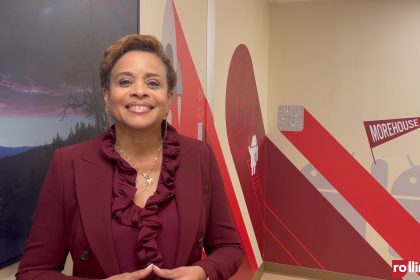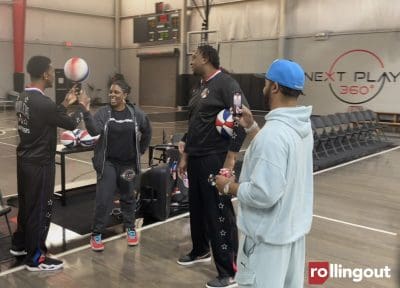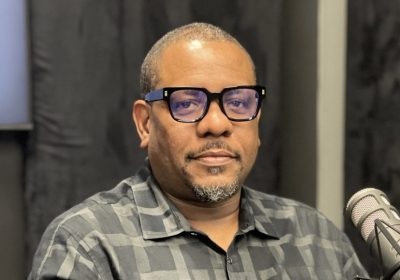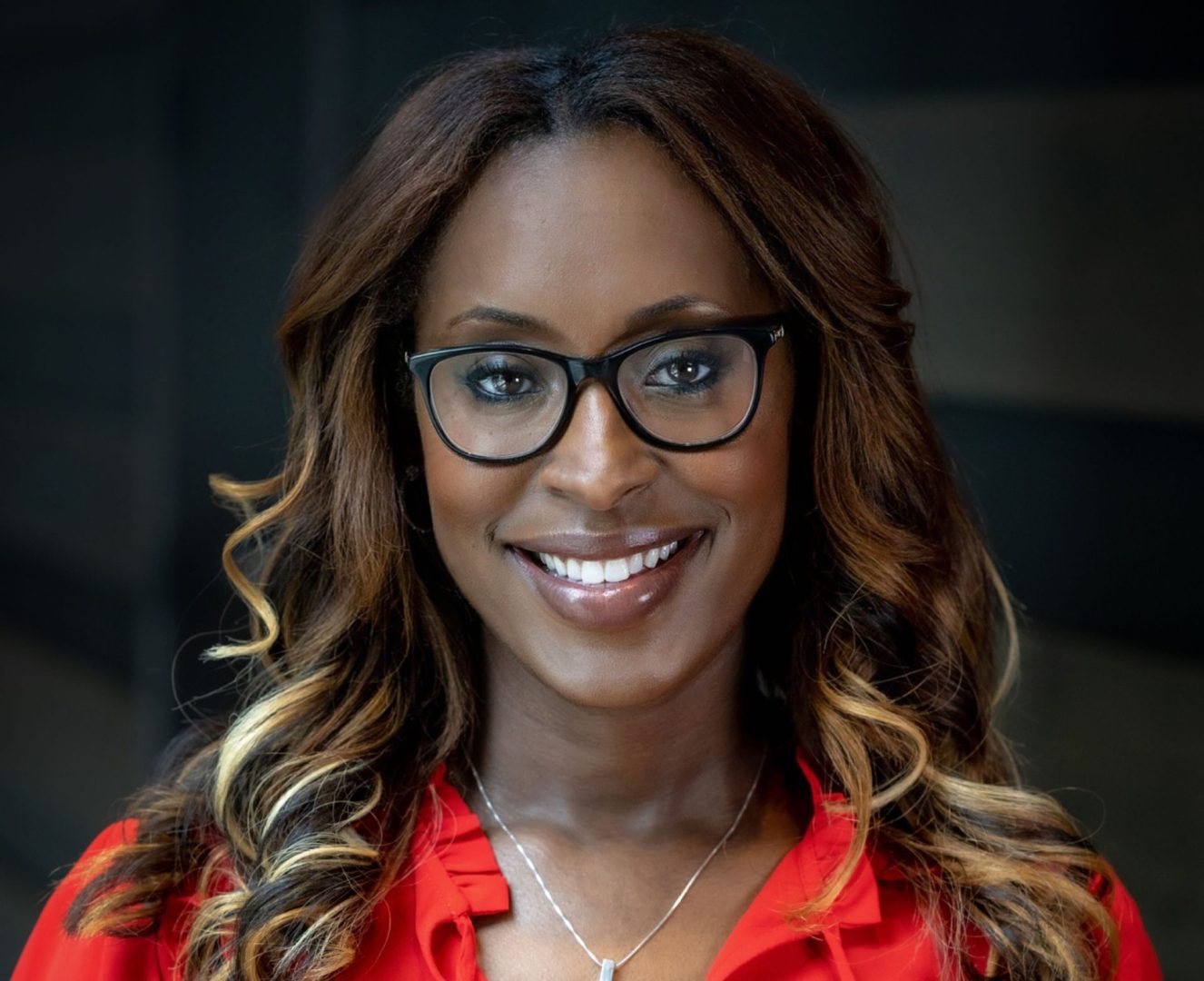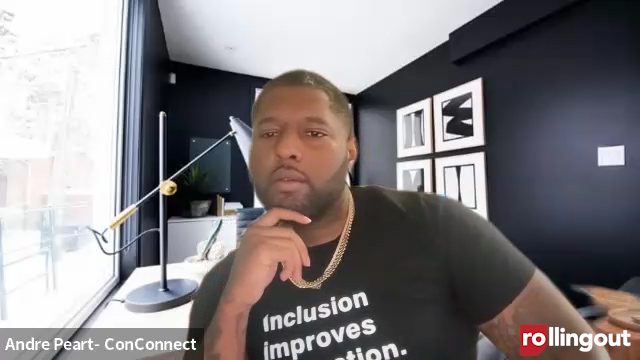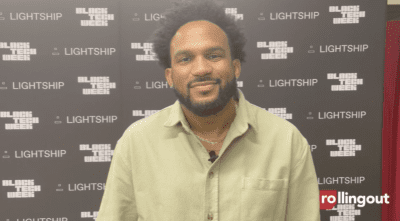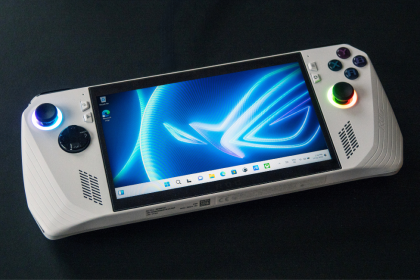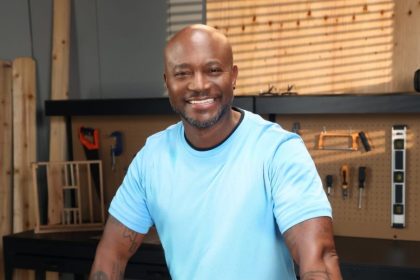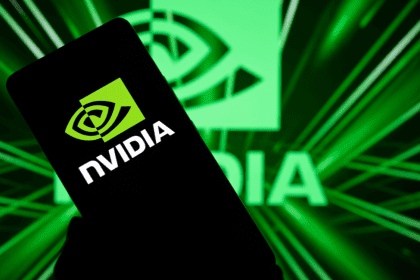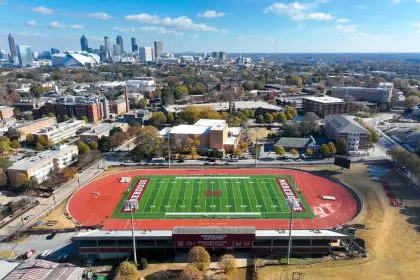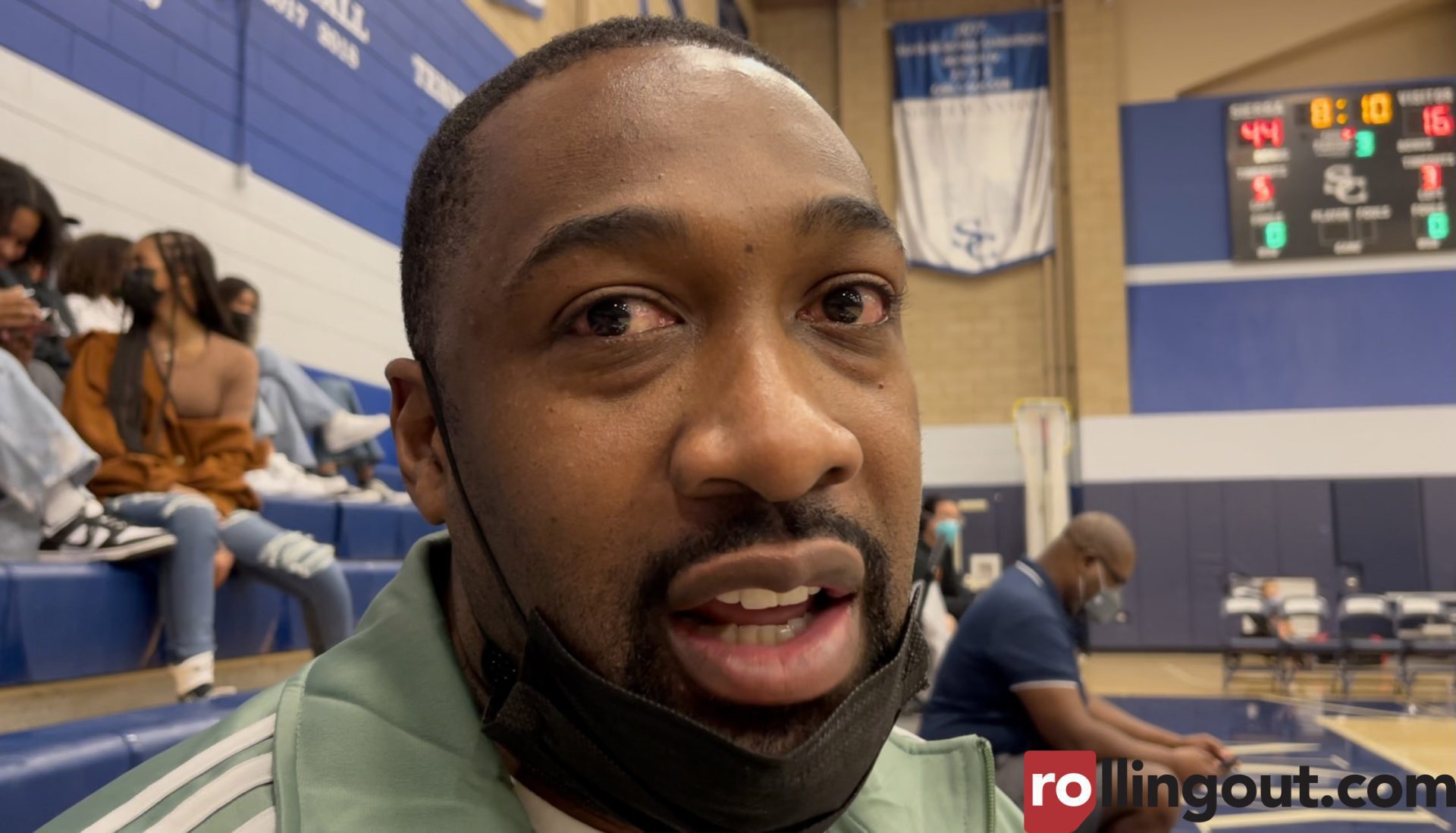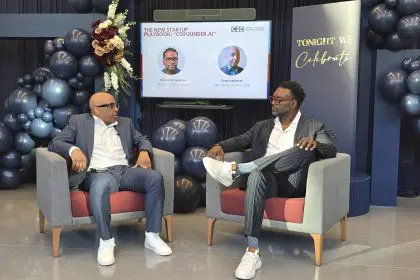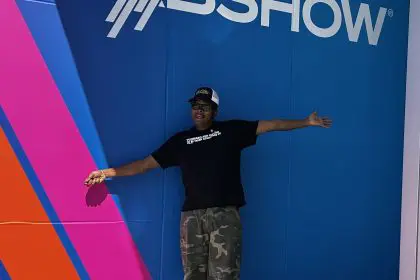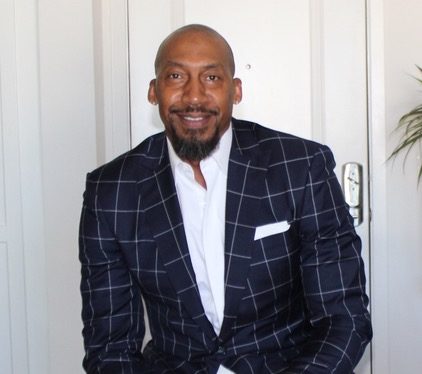
Daryl Butler is the head of marketing for HP’s personal systems division.
He attained dual bachelor’s degrees in marketing and finance from Morehouse College before earning an MBA from Pepperdine University. He has more than 25 years of experience working with brands including Beats by Dre, Nike, The Jordan Brand and Boost Mobile, among others.
Butler also is a proud member of Omega Psi Phi Fraternity Inc. and an active member of his community serving in various organizations.
Rolling out spoke with him on “A Seat at the Table” about tech and the Black community.
What is important to you as we experience the Black Lives Matter movement, COVID-19 pandemic, and the transitioning of American business?
I’ve spent weekends in Oakland, [California], for the last two months, talking to young people and hearing what they really want and need. The fact of the matter is they want action. The shows of solidarity are nice, but what it boils down to is meaningful, tangible, actionable things that the community can feel and benefit from. This racial equality task force that I’m on is really responsible for taking a charter and activating that charter across the country.
Data has revealed that 20 percent of schools in predominately Black ZIP codes saw students disappear during virtual learning. Tell us how HP is helping to solve the issue of tech deserts?
We’ve got data that says that 1 in 3 kids is without technology in their home. That’s a staggering statistic when you think about how data-driven that this world is becoming. This is pre-COVID, so before all of this happened, this was still a staggering statistic. When you add the complications of having to learn, work, play and create from home, all of those things require technology. What we’re doing with this concept HP refresh is what we call a consortium where individuals, as well as companies, will be able to donate products, like the laptop sitting in your closet that you haven’t used for a while.
We’ve developed software to clean that hardware, and it’ll go through a series of tests, so it can then be reallocated into communities of need. We’re now working on is that infrastructure. We did a pilot in Boise, Idaho, one of the hubs for HP and it went really well. What we’re looking at now is those major metropolitan cities where we know tech deserts exist. What we’re gonna do is think big, start small and scale fast.
Continue reading on the next page.

